Peaceful Compromise - 1 Samuel 27:1–28:2
We’ve all felt the tension between our Christian convictions and maintaining the peace. It shows up in conversations at work, in awkward family gatherings, or in social settings where our beliefs aren’t welcome. We know what we believe, but we also know what it might cost to say it out loud. So we hesitate. We stay quiet. We nod politely. And sometimes, we convince ourselves that it’s wisdom or kindness – but deep down, we’re often choosing comfort over conviction.
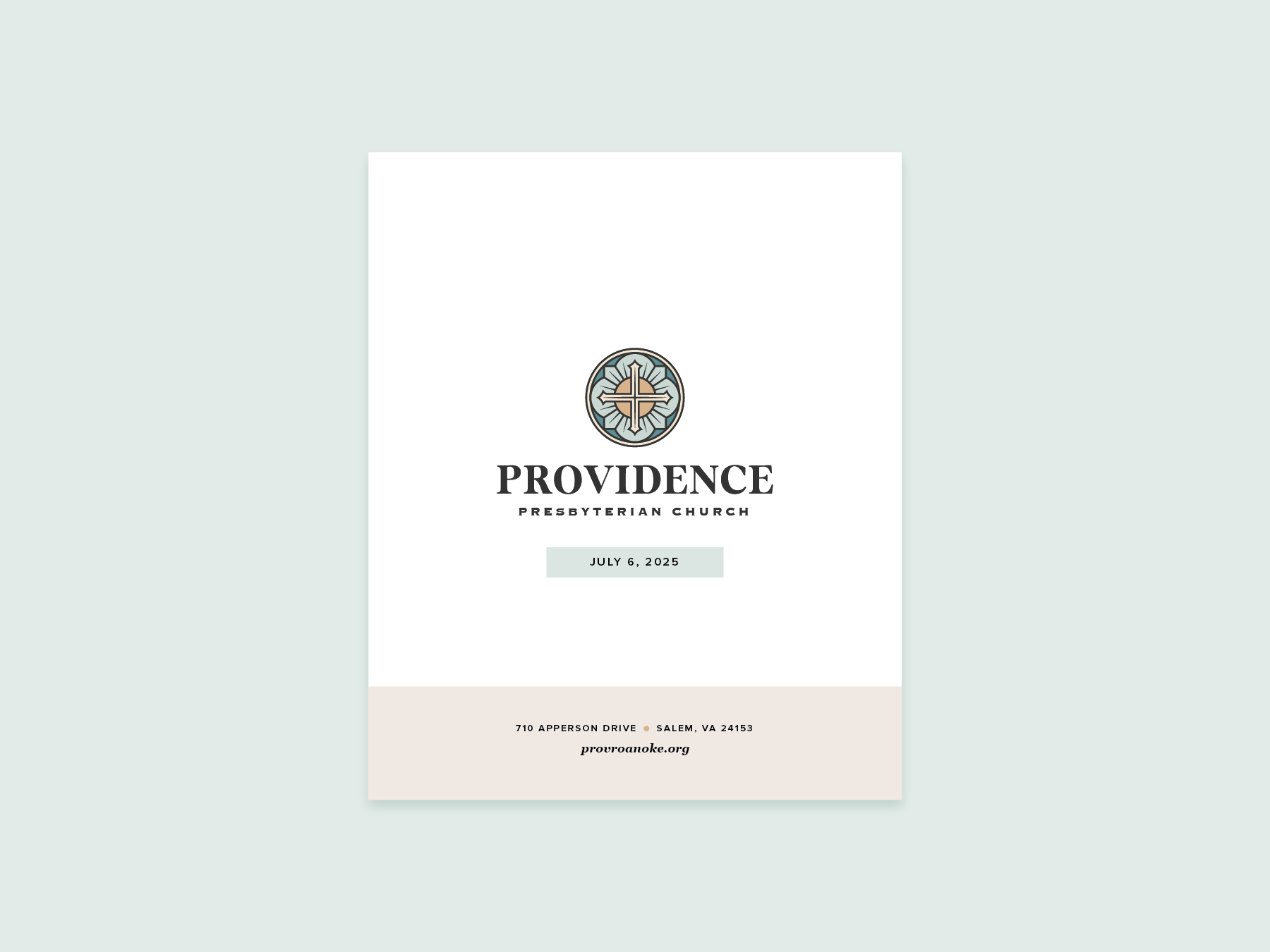
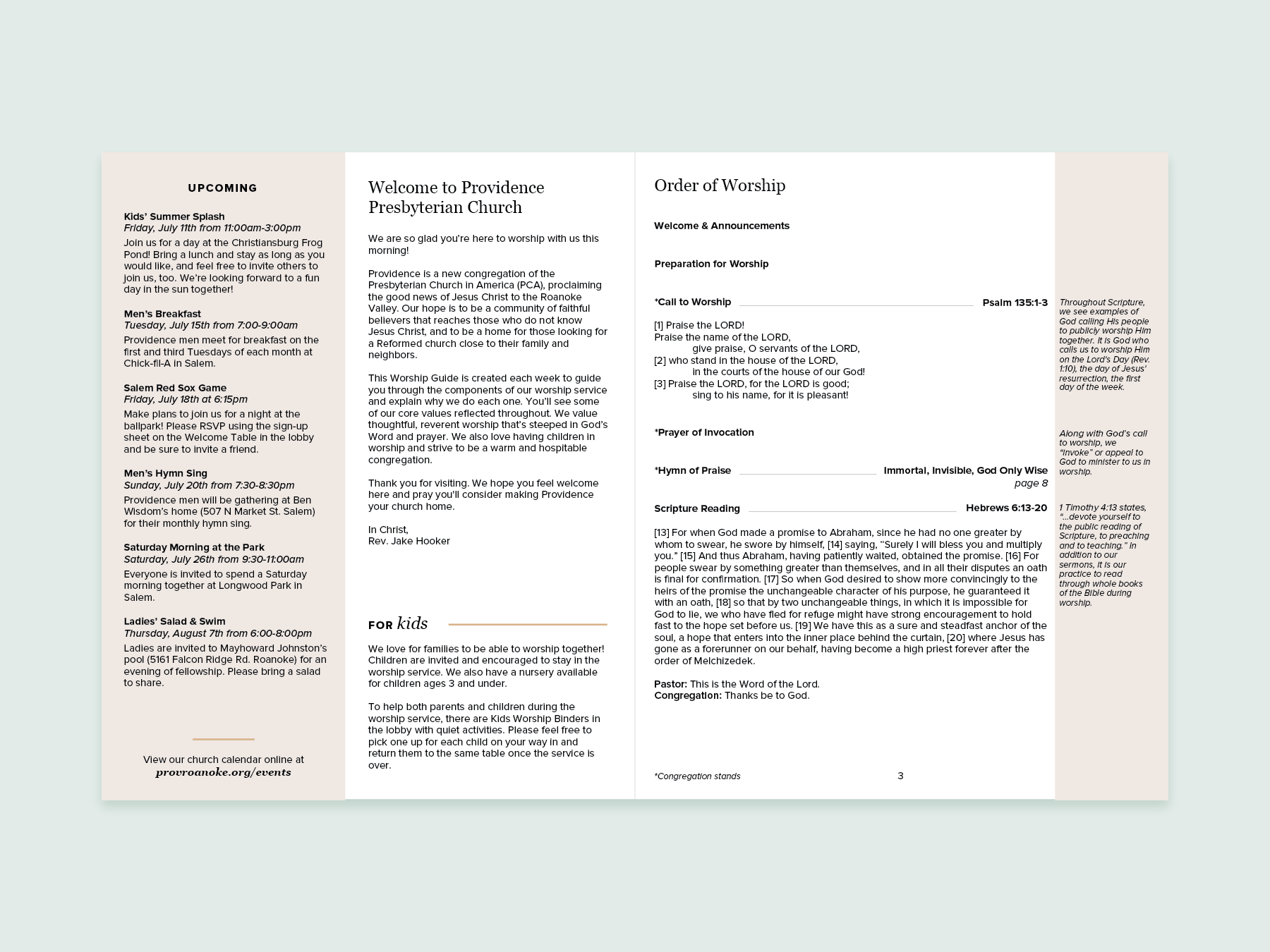
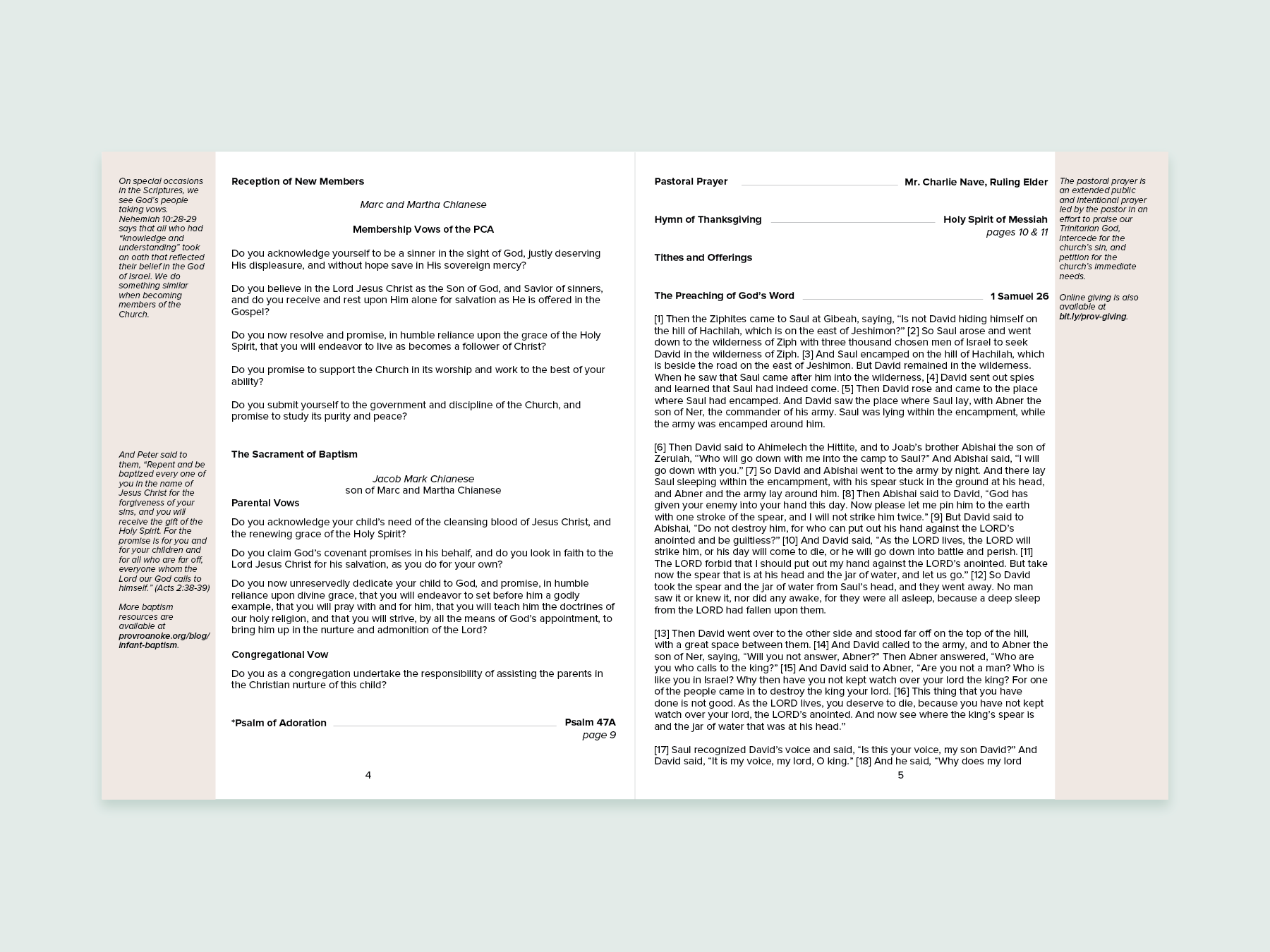
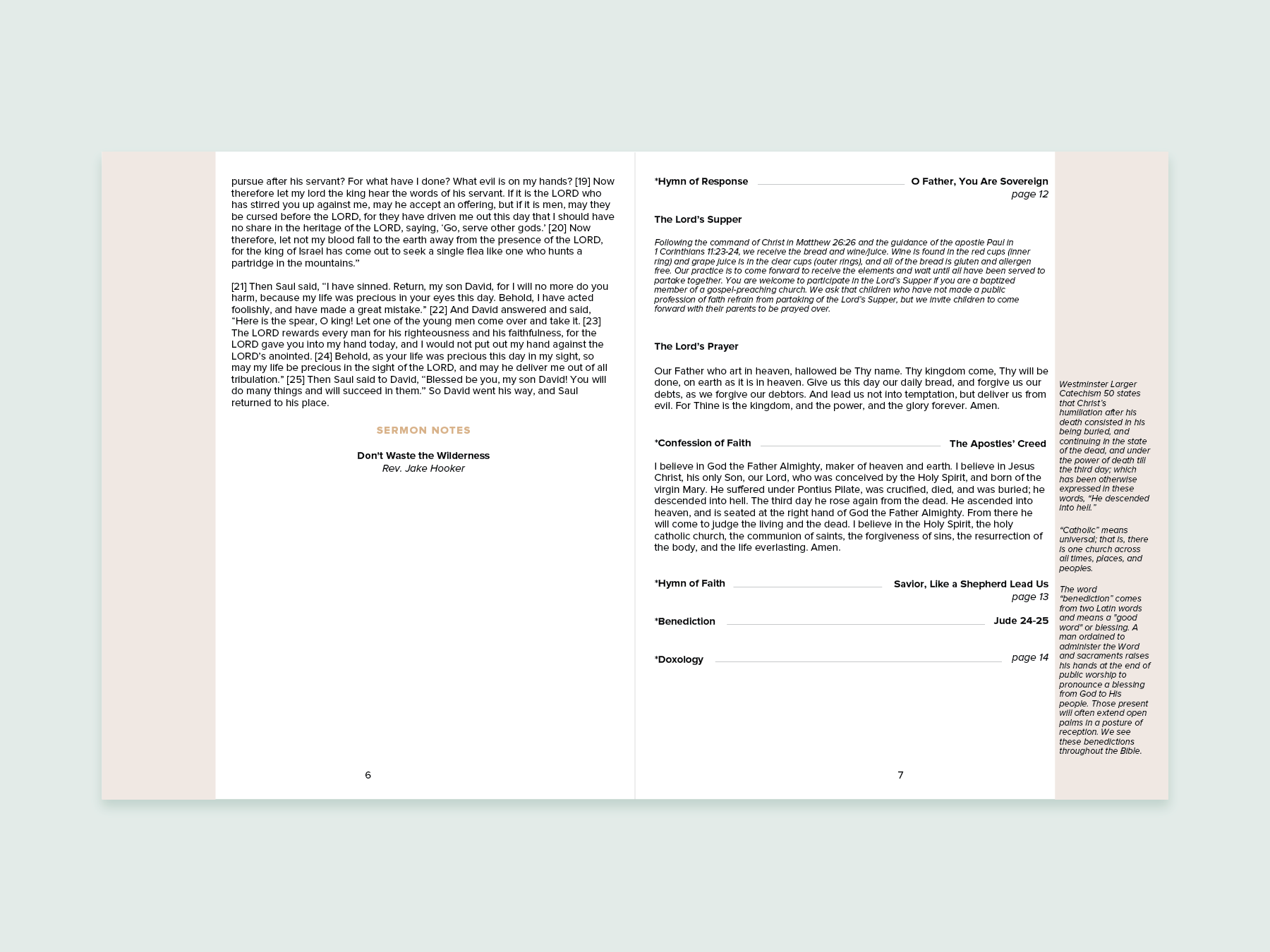
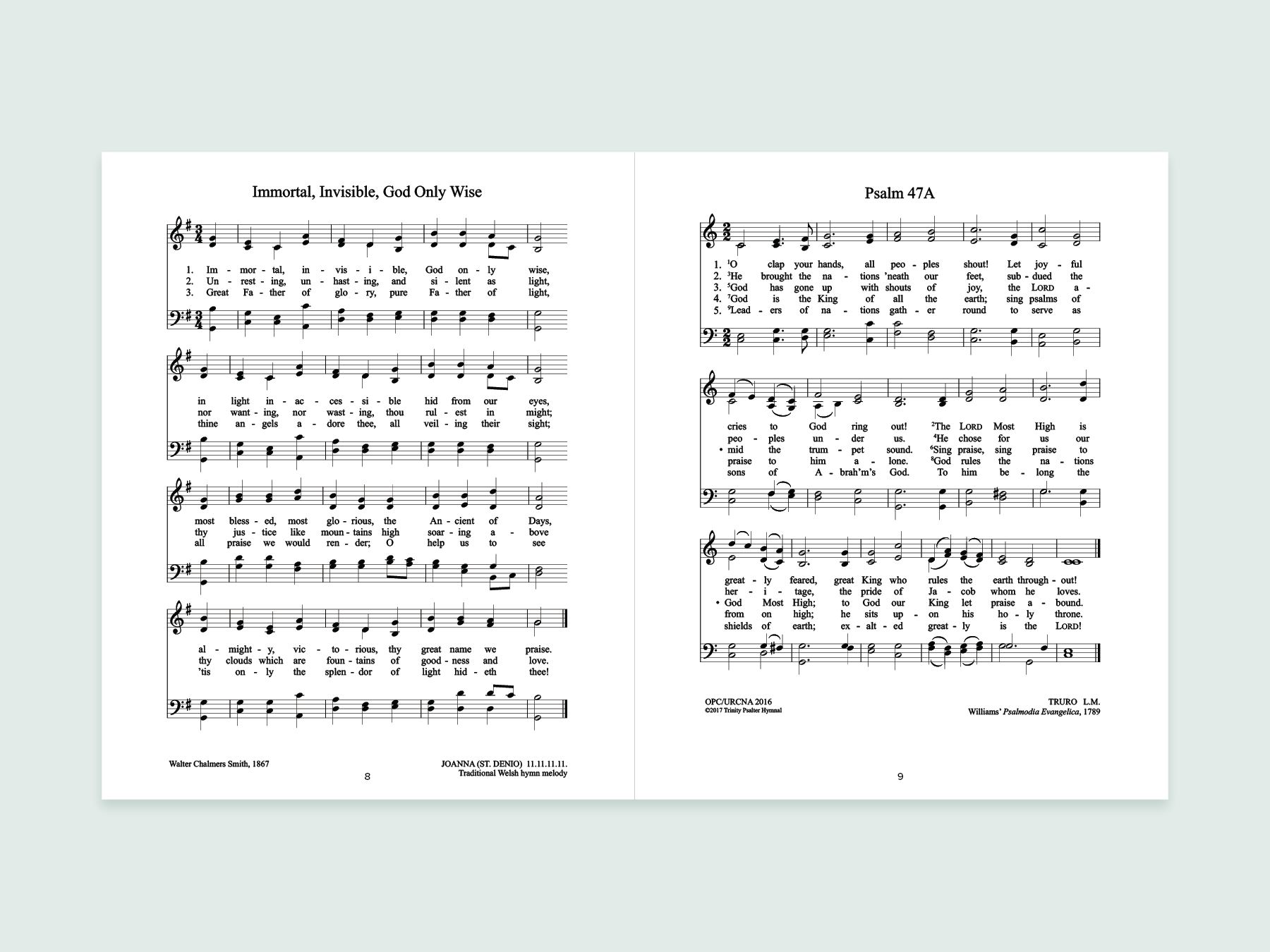
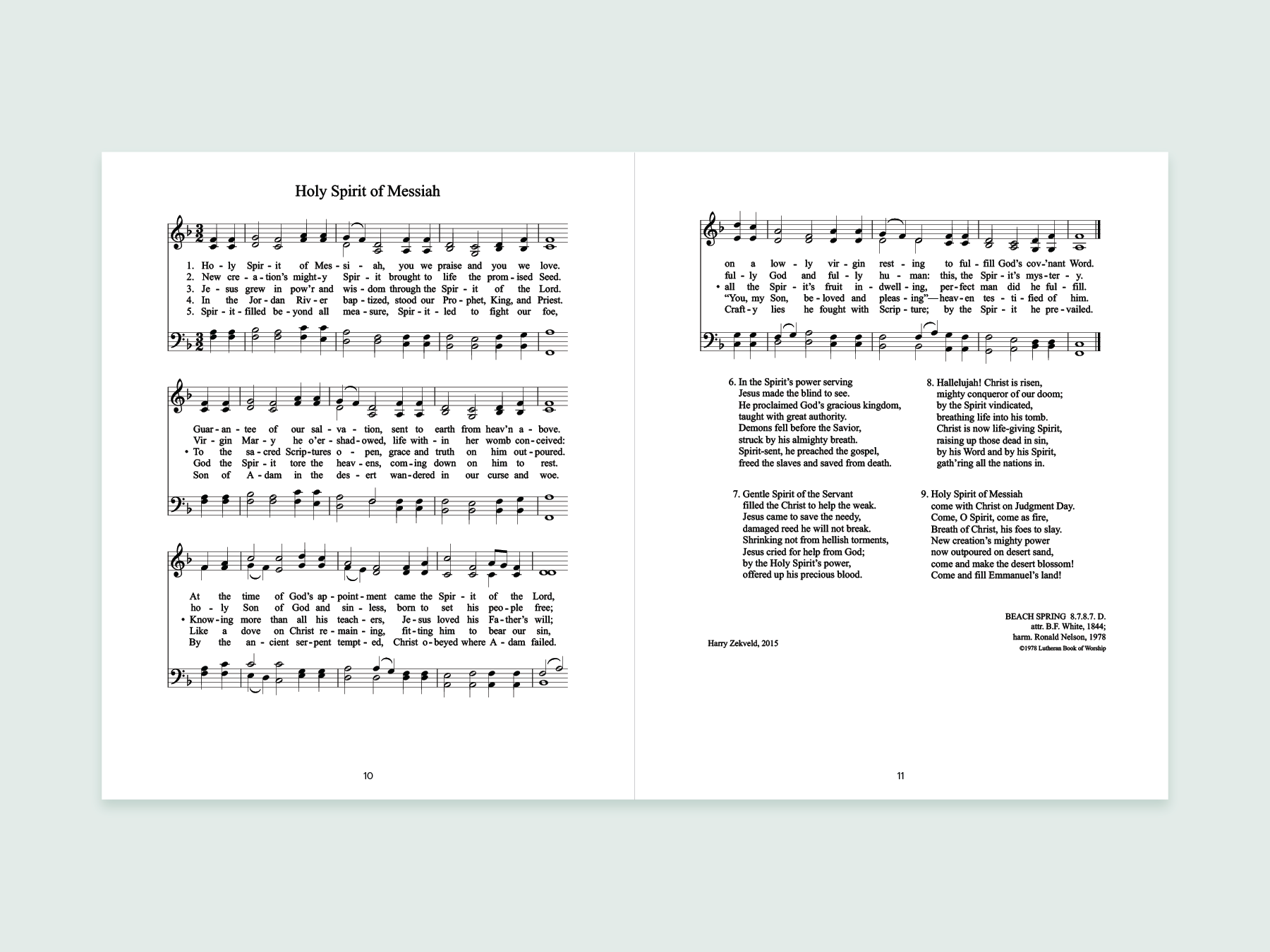
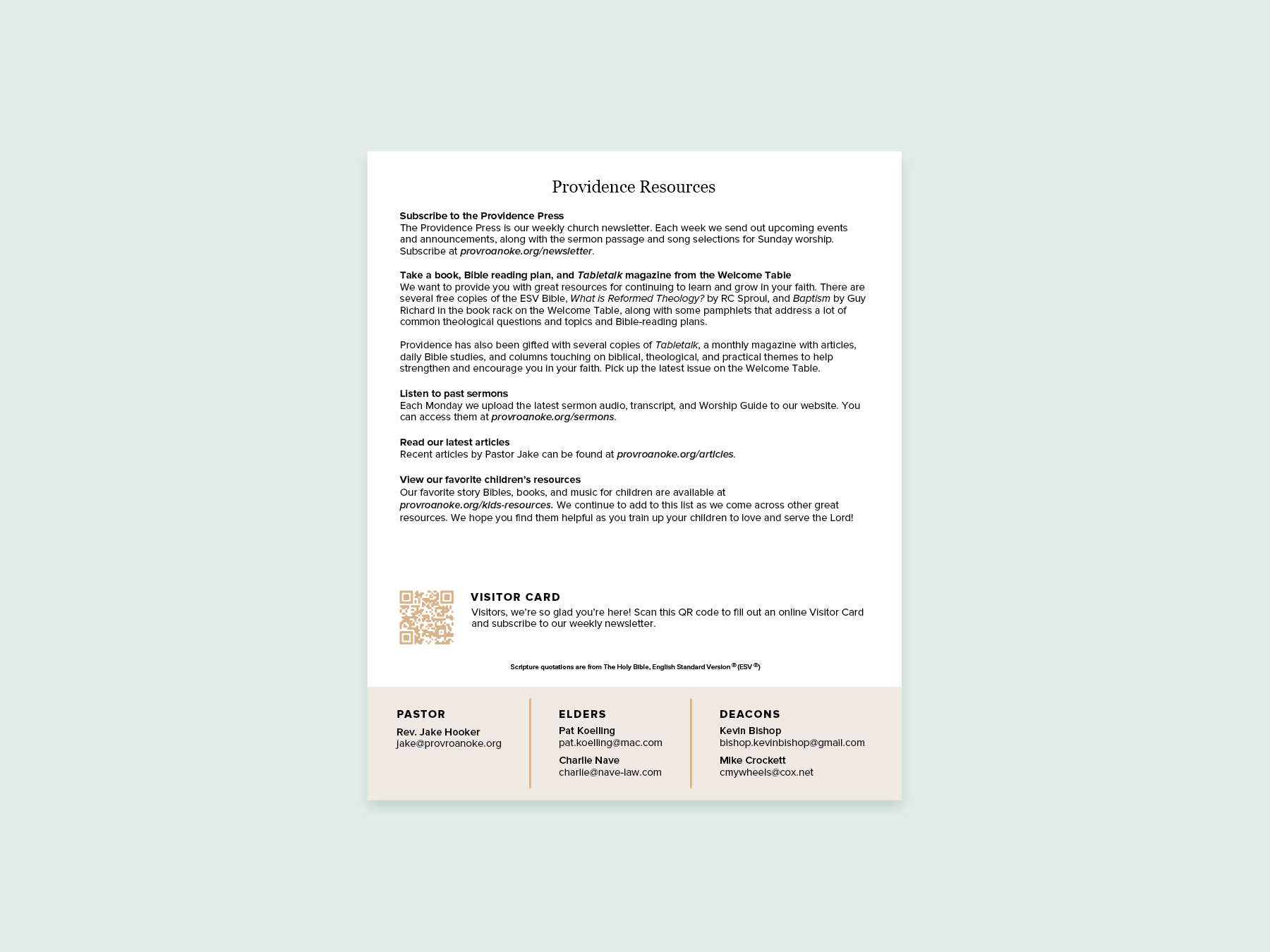
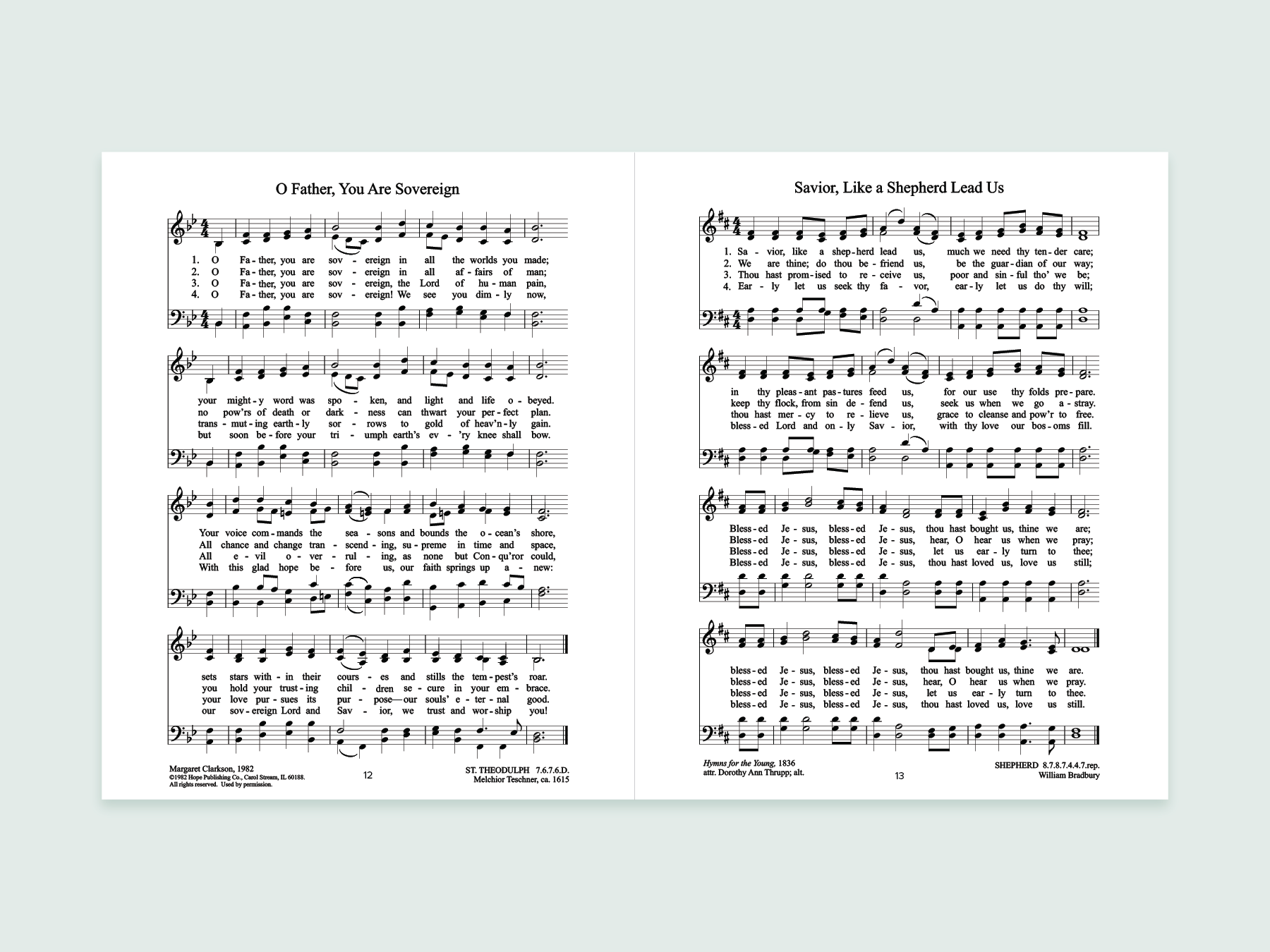
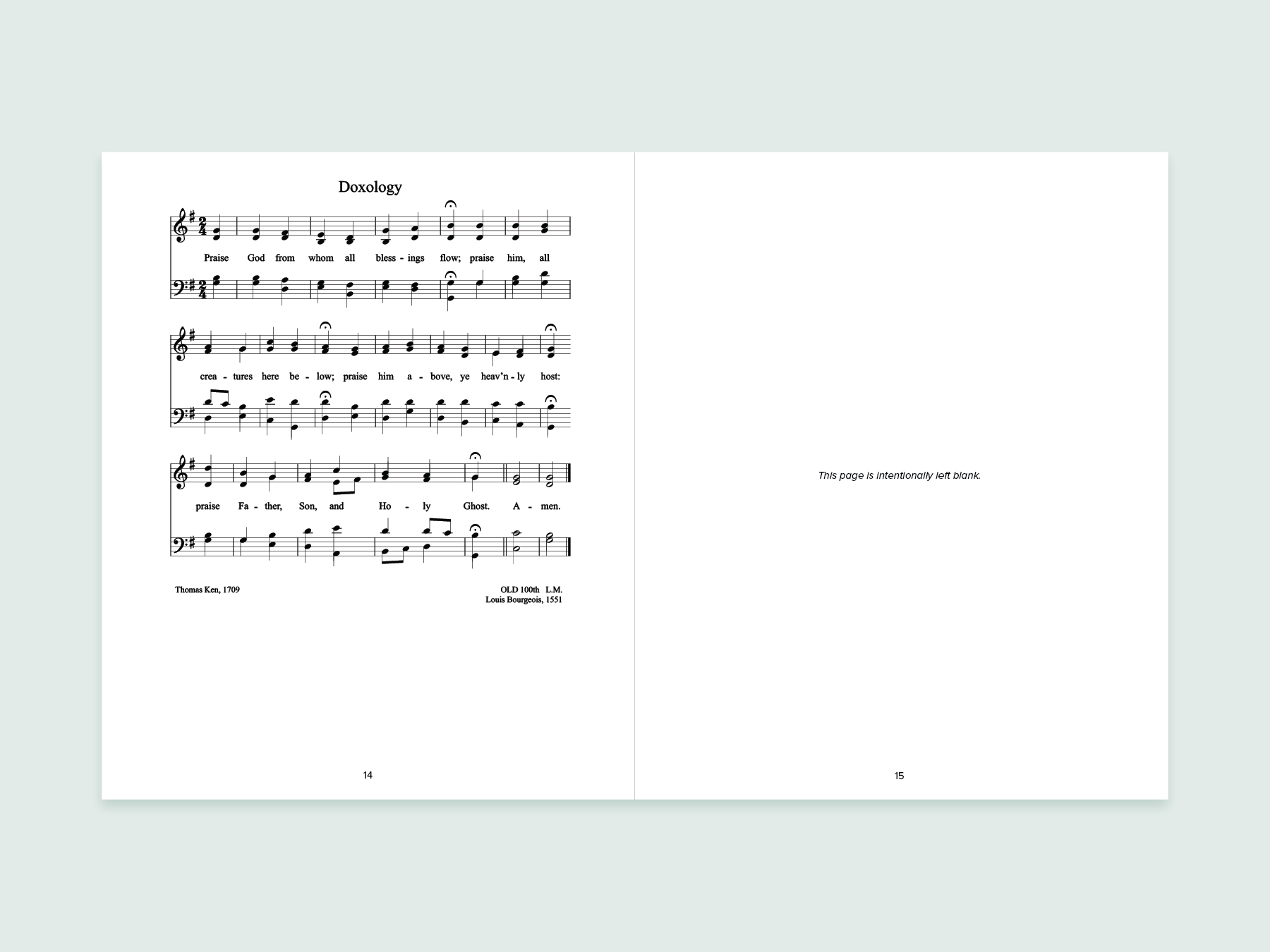
That pressure to keep the peace isn’t new. It’s as old as the Bible itself. God’s people have always wrestled with the temptation to trade clarity for comfort, faithfulness for acceptance. In 1 Samuel 27, we see that even David, a man after God’s own heart, faced this tension. After years of being hunted by Saul, David decided he’s had enough. So he crossed enemy lines and settled in Philistia. The move gave him peace, but it also led him into a season of spiritual compromise and moral ambiguity.
David's story reminds us that peace that costs you your Christian integrity is no peace at all. In fact, moral compromise in order to maintain the peace always comes at a cost. David compromised in three key ways: first he neglected worship (vv. 1-4), second he trusted in practical solutions (vv. 5-7), and ultimately, he suffered the costly consequences of both (vv. 8-28:2).
Last week, we looked at 1 Samuel 26, where Saul, once again, hunted down David, and David, once again, had the opportunity to take Saul’s life. But David chose not to kill Saul, because Saul was the Lord’s anointed.
1 Samuel 26 describes the third time Saul sought David’s life. He did it in chapters 23 and 24, and then again in chapter 26. And in chapter 26, Saul apologized and said he would leave David alone, however, that’s exactly what he said in chapter 24 too!
Disregard for Worship Leads to Compromise (vv. 1-4)
It’s really easy to understand why David was probably skeptical when Saul said that he would leave him alone. David had been living constantly on the run, in constant hiding, and in constant fear for his life.
Which explains why David said in his heart, “Now I shall perish one day by the hand of Saul.” There seemed to be no end to this cycle that he was in with Saul. David had to be feeling exhausted.
And so, he came up with a solution: he would settle in the land of the Philistines. David had hidden himself among the Philistines once before. He actually went to Gath and visited Achish in chapter 21.
Achish’s advisors had to remind him that there was a little tune going around in Israel that said, “Saul has struck down his thousands, and David his ten thousands.” So, they became suspicious of David, who then had to pretend to be insane in order to escape the Philistines.
It was pretty crazy for David to go hide among the Philistines after killing Goliath, and killing many Philistines in battle, but that’s exactly what he did in chapter 21, and he’s doing it again right here in chapter 27.
But of course, David’s rationale was simple. He knew that Saul would never invade Philistia in order to hunt him down. And so, if he and his men could hide among the Philistines, then Saul would no longer be a threat. From a purely strategic standpoint, it made perfect sense—it was safe, it was quiet, and it offered some temporary relief from the constant threat of death.
But there’s only one major problem with this plan: he was going to have to live among pagans. He was deliberately choosing to make his home among people who did not believe in God. This wasn’t just a change of scenery—it was a change of spiritual environment. He would now be surrounded daily by idol worship, false gods, and people who had no regard for the God of Israel. Living in Philistia meant distancing himself from the covenant community, from the tabernacle, and from the means of grace that God had ordained for His people.
It’s ironic too, that in chapter 26, David told Saul that he didn’t want to leave Israel, because he didn’t want to be removed from the presence of God – that is, he doesn’t want to be removed from public worship.
But now, apparently things have changed. David was willing to let go of his ability to freely and regularly worship God if it meant he’d be able to wake up in the morning without having to wonder if Saul had an army camped nearby.
Doesn’t that sound somewhat familiar? How many people who profess faith in Jesus Christ are willing to forego worship because it's a weekly inconvenience that prevents them from doing what they want to do? Perhaps it conflicts with their travel, or sports, or work. Or maybe they just want to reclaim this hour or two of their time every Sunday morning?
Just like David, we’re tempted to believe that the pursuit of peace, rest, or relief justifies the neglect of gathered worship. But in doing so, we trade the presence of God for the illusion of peace. We put distance between ourselves and the very place where God promises to nourish and strengthen our souls—through the ordinary means of grace. There are real benefits to hearing God’s Word preached, participating in the Sacraments, and hearing and offering your prayers in the context of corporate worship.
David wrote in Psalm 27:4, “One thing have I asked of the LORD, that will I seek after: that I may dwell in the house of the LORD all the days of my life, to gaze upon the beauty of the LORD and to inquire in his temple.”
But here in our passage, David walked away from it.
And many still do the same today, not with dramatic decisions, but with subtle, quiet, compromises.
There’s a cumulative effect to attending public worship. Like planting seeds in a garden, the fruit doesn’t appear overnight, but over time, consistent worship shapes your heart, renews your mind, and strengthens your soul. Week by week, the Word of God is poured into us, the sacraments nourish us, and the fellowship of the saints encourages us. Even when we don’t feel it in the moment, something is happening: convictions are being reinforced, affections are being reoriented, and faith in Christ is growing stronger.
I’ll be the first to admit that there have been days that I’m not necessarily proud of where I’ve skipped a meal in order to eat cake and ice cream. If you think about it, it doesn’t always make sense to eat a heavy meal and then dessert. Sometimes you save yourself some calories by just eating the dessert. The logic is air tight.
Eating junk food for one time won’t malnourish your body, in the same way missing one Sunday may not seem catastrophic, but the long-term impact of neglecting worship will result in spiritual malnourishment. We’re told in verse 7 that David lived among the Philistines for one year and four months.
God has designed public worship to build us up slowly, steadily, and deeply. The shaping power of gathered worship is not in the spectacular, but in the ordinary faithfulness of showing up – God works in us. The Christians whose faith you respect understand this, because they know that over time the regular rhythm of worship will build a resilient, rooted faith.
Neglecting public worship is like pushing a paper boat down a lazy river. The longer it sits on the water the further and further it will drift away.
Haven’t we all witnessed this? Friends who at one point appeared to be rock solid believers, for whatever reason, walked away from the church, and their spiritual life became nonexistent. Their hearts no longer beat for God.
They were the seeds that were choked out by the cares of the world. Have you ever noticed that the less time you spend in church among God’s people the more susceptible you become to morally compromising sin? But the flip is also true: the more committed you are to the church the less likely you will put yourself in a morally compromising position. That’s not a coincidence, God designed it that way.
Going to church doesn’t save you, faith in Jesus Christ saves you. But going to church does bolster your commitment to the Lord and makes you recognize just how dependent you are on Him.
Practical solutions can lead to compromise (vv. 5-7)
But the truth is, sometimes it makes sense! We can talk ourselves into making a decision that will produce some sort of short-term benefit, while doing long-term damage to our souls. A desire for peace is something all of us can understand, but it’s when that desire overrules your desire to be faithful to the Lord that problems inevitably arise. That’s where spiritual drift takes place. It’s so much more subtle than waking up one day and rejecting the Lord. For most, it’s a slow progression that eventually leads to rejecting the Lord.
And that train is on the track for David, isn’t it? Because David found a solution to his Saul problem that made logical sense. He’d just hide among the Philistines! In fact, he worked out a pretty sweet deal!
Look at what happened in verses 5-6:
“Then David said to Achish, “If I have found favor in your eyes, let a place be given me in one of the country towns, that I may dwell there. For why should your servant dwell in the royal city with you?” 6 So that day Achish gave him Ziklag. Therefore Ziklag has belonged to the kings of Judah to this day.”
David didn’t just get a little shack and a place for his men to pitch their tents in Philistia. Achish gave them the entire town of Ziklag. No longer would they be living in caves, they would have space to spread out and live without fear. But not only that, we learn in verse 8 that David had tremendous autonomy. He could come and go as he pleased. As long as he lived in Ziklag, he didn’t have to wonder if the end of his life was drawing near.
But spiritual compromise often hides beneath the surface of our successes. David got exactly what he wanted, but it came at a cost – he was living outside the land of promise, aligning with a pagan king, and distancing himself from the worship of the Lord. And though it looked like he had gained everything he longed for, he had moved himself—and his men—into morally gray territory. He was safe, yes, but spiritually vulnerable.
This is how compromise often works: it offers what we crave but requires that we give something up. Usually, what we have to give up appears small and inconsequential. And when we’re tired, discouraged, or desperate for relief, it’s easy to start believing that comfort is worth the trade. But Christ tells us that faithfulness matters more than outcomes—even when the road is long and hard.
Jesus tells us in Luke 9 that, “If anyone would come after me, let him deny himself and take up his cross daily and follow me. For whoever would save his life will lose it, but whoever loses his life for my sake will save it.”
Christians have never been promised a path of ease and comfort, and yet, that it’s exactly what you’re promised if you’re just willing to make a few concessions.
Even the Apostle Peter fell for this lie when he denied Jesus three times. He did that in order to avoid being arrested.
And what we learn time and again is that the ends do not always justify the means, even though that’s exactly what we often tell ourselves. It’s easy to look at a comfortable outcome and convince ourselves that a few compromises were worth it. “Sure, I had to cut corners, blur some lines, or stay quiet when I should’ve spoken up—but look where I am now!” That’s the logic of the world, not the wisdom of God. Scripture never commends success that comes at the expense of faithfulness. In fact, the Bible repeatedly warns us that how we arrive matters just as much as where we arrive.
It reminds me of what our very own John Carroll preached on from Psalm 1. “Blessed is the man who walks not in the counsel of the wicked, nor stands in the way of sinners, nor sits in the seat of scoffers…”
The blessed man refuses to walk, stand, or sit, among the wicked, sinners, and scoffers because he knows those are the people who will pull him away from the Lord.
God cares about integrity, not just results. Compromise might get us what we want faster, but it usually takes us further from God in the process. The real test of faith is trusting God's way, even if there are short-term costs, because in the long term, His way is always the better way in the end.
There’s always a cost to compromise (vv. 8-28:2)
And David experienced this firsthand. He got everything he wanted. He and his men could wake up and not have to worry about Saul. They had their own space to do whatever they pleased.
But he put himself in a tremendously difficult position. He was supposed to go out and make raids. So he and his men would, “[make] raids against the Geshurites, the Girzites, and the Amalekites...” who were the enemies of Israel.
But there was an expectation that he would make raids against Israel, which is why he would tell Achish they had made raids “Against the Negeb of Judah,” or, “Against the Negeb of the Jerahmeelites,” or, “Against the Negeb of the Kenites.”
On the one hand, David didn’t want to offend Achish, but on the other hand, he didn’t want to burn all his bridges in Israel. He was walking a tightrope, and the reality was, his compromise with the Philistines had created a situation where he might ruin his relationship and reputation in Israel.
And of course, because he had been telling Achish that he was raiding Israel, Achish was totally convinced that he had destroyed any opportunity of returning to his homeland. Which is why in verse 12 Achish said, “[David] has made himself an utter stench to his people Israel; therefore he shall always be my servant.”
But David’s bluff is ultimately called in verses 1-2 of chapter 28. We learn there that Achish expects David to go to war with the Philistines against Israel.
“In those days the Philistines gathered their forces for war, to fight against Israel. And Achish said to David, “Understand that you and your men are to go out with me in the army.” 2 David said to Achish, “Very well, you shall know what your servant can do.” And Achish said to David, “Very well, I will make you my bodyguard for life.”
Achish expected David to go to war against Israel and protect him. What an absolute mess?
David had put himself in a terrible position, but again, it was the result of a bunch of little, seemingly inconsequential decisions. The little lies, the excessive killing in order to prevent anything getting back to Achish, all those decisions were finally catching up with him.
Suddenly that peace that was initially so glorious had gone up in smoke.
Which is exactly where you’ll end up when you compromise your faith. The thing that you desperately want is empty of the peace, satisfaction, or pleasure that you thought it would bring. Nothing will ever deliver in the way we want it to if we have to compromise our faith in Christ in order to get there.
More often than not, all the compromises will eventually force you to either repent of your sin or abandon your faith altogether.
We often think that the compromises we make are spiritually neutral decisions. But the truth is, there are not spiritually neutral decisions. Everything you do has an impact, and so the ultimate question is, are you willing to make difficult decisions to remain in the presence of the Lord or are you willing to make those small compromises that will pull you away from Him?
Even our daily choices—how we spend our time, what we prioritize, where we seek rest—are shaping our hearts. The slow drift from God rarely begins with loud rebellion. It starts quietly, through small compromises and misplaced affections. David didn’t wake up one day and decide to live among the Philistines. He got there step by step—seeking safety, avoiding suffering, and slowly losing sight of the God who had always sustained him.
We do the same. We chase peace apart from God, comfort apart from obedience, or success apart from faithfulness. And when we finally get what we’ve been striving for, we often find that it’s hollow—because we left God behind in the process.
But when you look at the life of Christ, he never compromised and he never drifted. Like David, he was presented with peace and comfort, but still chose the difficult path of obedience. The question we must constantly ask ourselves is how could we abandon a God who has done everything for us? Where we falter, Christ remained faithful. He entered into our world of confusion and compromise, yet never sinned. He trusted the Father’s will, not just in the wilderness but all the way to the cross. And He did that for you and me—so that even when we have drifted, we can turn back in repentance and find mercy.
So if you find yourself in a spiritual Ziklag—far from the presence of God, repent, turn back to the land of promise and you will find mercy. God will not meet you with condemnation, but will wash you once again in the blood of the lamb. In Him, there is forgiveness, renewal, and the power to walk faithfully again.
Amen. Let’s pray together.
